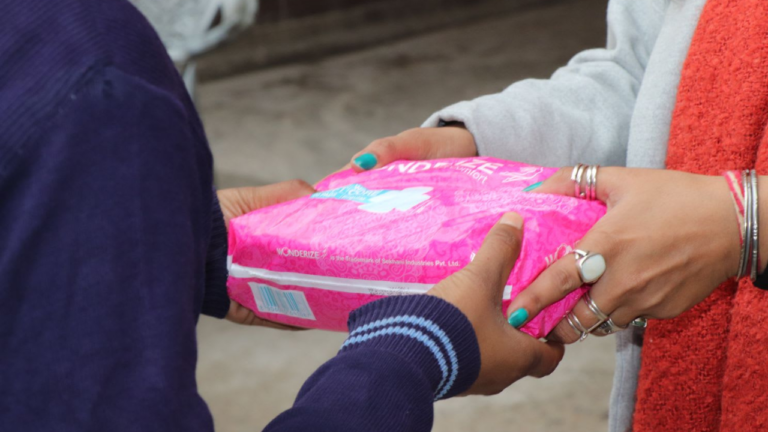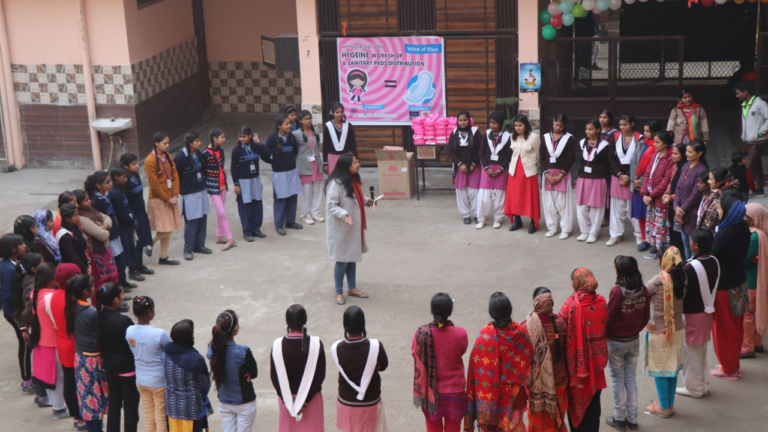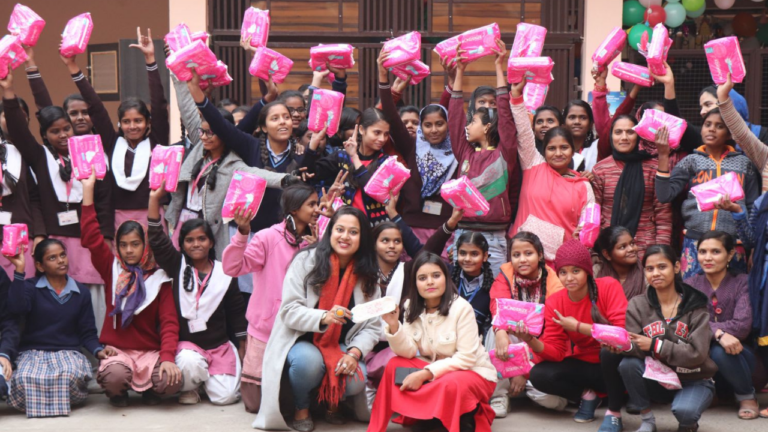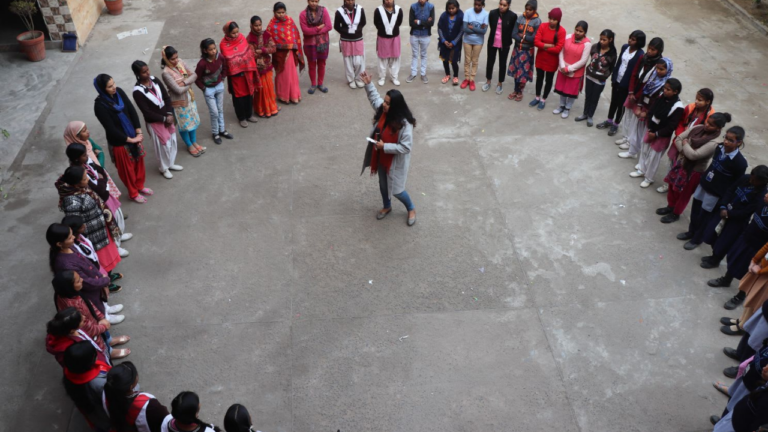Menstruation, a natural biological process, is unfortunately shrouded in taboo and stigma within Indian society.
Its mere mention is met with embarrassment, perpetuating the notion of impurity and shame.
Despite marking a significant milestone in a girl’s life, menstruation is clouded by negative connotations and cultural perceptions of uncleanness. Superstitions surrounding menstruation further exacerbate the situation, affecting both urban and rural populations.
Effective hygiene management during menstruation is crucial, yet many women and girls lack awareness on the subject.
In rural areas especially, discussing menstruation is considered taboo, making it challenging for women to seek information or support from family, friends, or the public.
Insufficient knowledge or incomplete understanding of menstruation poses a significant obstacle to maintaining menstrual hygiene. Girls and women often lack awareness about reproductive tract infections resulting from inadequate personal hygiene practices during menstruation. In rural areas, women may lack access to sanitary napkins or remain uninformed about their proper usage and disposal. Surprisingly, many underprivileged girls also lack basic inner clothing.
To address this issue, a campaign was initiated to raise awareness about menstrual hygiene.
Voice of Slum, committed to educating slum children, prioritizes girls’ education. Recently, we conducted a workshop on menstrual hygiene aimed at empowering girls from economically disadvantaged backgrounds with essential knowledge about menstrual cleanliness. The workshop saw the participation of approximately 100 girls.
The workshop was organized to raise awareness about safe menstrual practices and hygiene maintenance. Voice of Slum facilitated discussions on various topics including the use of sanitary napkins, proper washing and cleaning techniques, and the correct disposal of napkins. Girls received valuable information on menstrual hygiene and precautions to observe during their periods.
Additionally, the workshop covered dietary habits essential for promoting a healthy reproductive life in the future. Participants were educated about menstruation-related disorders, emphasizing the importance of maintaining adequate hygiene to prevent pelvic inflammatory infections and other complications.
It’s common knowledge that sanitary napkins can be financially out of reach for many, especially girls from low-income backgrounds. Considering this, we introduced the concept of reusable and washable cloth pads. These pads offer a sustainable alternative but require hygienic washing and sun drying for sterilization. Harnessing the sun’s heat acts as a natural sterilizer, ensuring the pads are safe for future use. Moreover, they are both cost-effective and environmentally friendly.
In addition, we distributed eco-friendly sanitary napkins to the girls, promoting products that are gentle on the body and the planet. Alongside, we provided basic education on hygiene practices, emphasizing the importance of regular pad changes, using clean clothes, and maintaining vaginal hygiene with frequent warm water cleansing.
In the realm of adventure sports trips, it is imperative to normalize discussions around menstruation. Recognized as a pivotal developmental phase and a crucial health indicator, menstruation should be approached with confidence and dignity by girls and women alike. As a global community, it is incumbent upon us to invest in research that elucidates the interconnectedness between menstruation and various social and physical health outcomes. By fostering open dialogue about menstruation, we aim to eradicate stigma and ensure that girls feel empowered and unashamed about this natural process.
Voice of Slum aims to expand its outreach and raise awareness about menstrual hygiene on a larger scale in the future through workshops, empowering more girls with vital knowledge and education.




